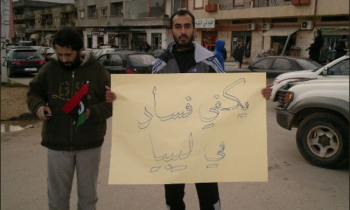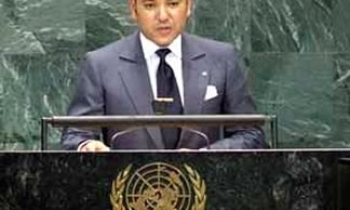The government's expenses on advertising have dropped from over 14.5 million euros in 2004 to three million euros in 2005, following the civil society's calls for transparency and equitable political publicity, according to a report by the Center for Independent Journalism titled "Political advertising - a year of transparency."
According to the CJI report, in 2004 the civil society and daily Evenimentul Zilei frequently reported that various newspapers displayed a positive view of the government, led at that time by Social Democrat Adrian Nastase, because the government had allocated the so-called subventions, which in fact were used to buy political publicity.
The report says that newspapers with a small circulation, like Gardianul or Independent, were given lots of money in order to promote the National Railroad Company (CFR) and state-owned Nuclearelectrica's investments in kindergartens.
Between 2001 and 2004, the Nastase government spent about 13-14 million euros per year for political publicity contracts, the CJI report points out.
On the other hand, the report says that in 2005, which was the first year of the government led by Liberal Calin Popescu Tariceanu, the government spent 10 million euros less on publicity, meaning about three million euros. According to the survey, the difference of 10 million euros represents five percent of the entire advertising market in 2005.
The biggest difference was registered at the Ministry of Economy, whose publicity budget dropped from 10 million euros in 2004 to 900,000 euros in 2005, says the report.
At the beginning of 2005, following suggestion made by several NGOs, the government adopted an emergency ordinance that stipulates the government is no longer forced to choose the publications offering the lowest advertising price and states that contracts must be transparent and prices must be calculated based on the size of the advert and the publication's circulation. In addition, the ordinance states the government must post all its advertising requests on a public Web site specially created for this purpose.
The CJI report also states that following the change of the publicity allotment system, several politicians have denounced pressures coming from certain newspaper owners and editors who were discontented with the losses of advertising income.
The survey does not give names, but points out that it is about publications that have a reduced circulation and a low production budget and says that in the first quarter of 2005, several publications changed owners as they dealt with severe financial problems.
Furthermore, the CJI report stresses that most of the publications affected by the new law have launched attacks against the current ruling coalition.









